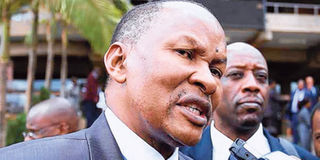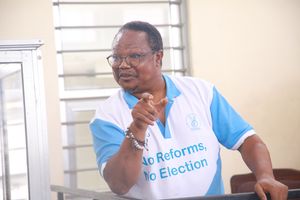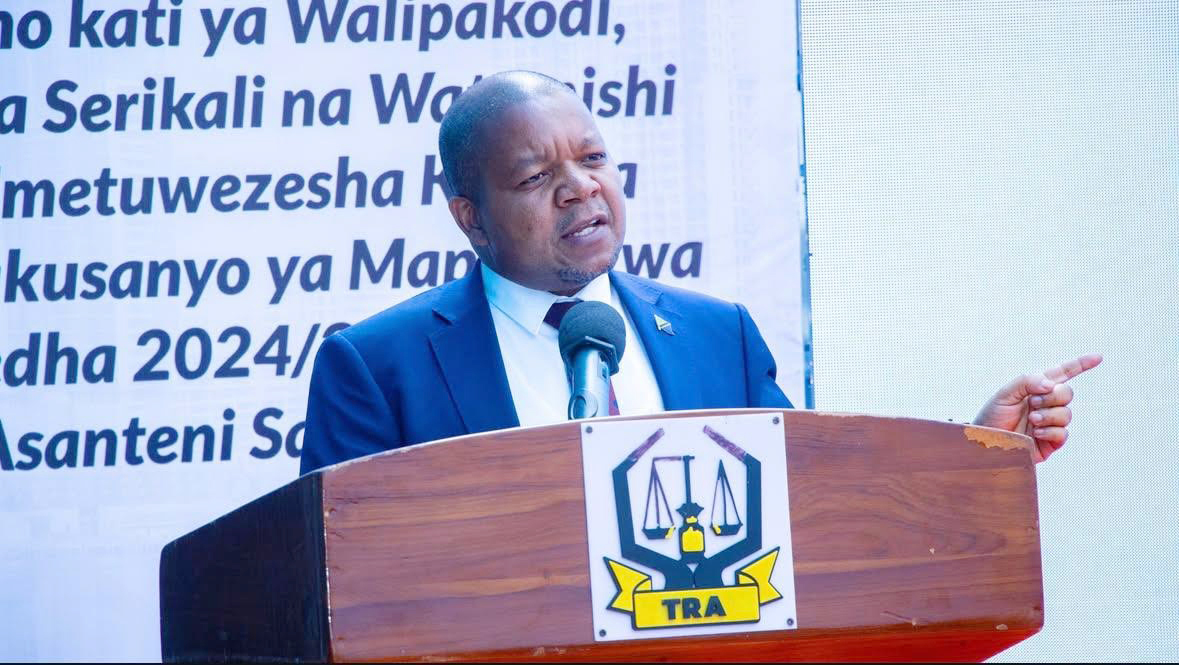Ten to face trial over Anglo Leasing scandal in Kenya

Ethics and Anti-Corruption Commission chairman Mumo Matemu speaks to reporters in the past. The EACC has recommended the prosecution of 10 people suspected of involvement in the Anglo Leasing corruption scandal. PHOTO | NMG
What you need to know:
- Ethics and Anticorruption Commission Thursday said it had completed investigations and forwarded the files to the Director of Public Prosecution Keriako Tobiko
Nairobi. The national anti-corruption watchdog recommended the prosecution of ten people linked to the Anglo Leasing scandal.
Ethics and Anticorruption Commission (EACC) Thursday said it had completed investigations and forwarded the files to the Director of Public Prosecution (DPP) Keriako Tobiko.
However, EACC could not release the identities of the said individuals. Chairman Mumo Matemu said he would not reveal any further details to avoid compromising the case.
“We are on record as having said we must give the due process a chance. Naming people before the DPP does his part will, in our view, not be proper,” Mr Matemu said. “For now, let us not share any names but the number is the region of ten people,” he told a press conference in his office at Integrity House.
“We will not speak in a manner that may perhaps compromise their rights. We will tell you the names at the right time.”
The Commission said it had forwarded the files to the DPP following a five-month investigation as ordered President Uhuru Kenyatta.
The DPP did not respond despite asking that the Nation send questions on the issues for his response. The Nation had ought the identity of the people named by the EACC and the next course of action now that the files were before him.
On Wednesday, EACC claimed it was still pursuing avenues to have the individuals’ assets frozen as the cases proceed.
Mr Matemu claimed the findings had linked the culprits who “are a mix of men and women” but refused to say whether they are business people, government officials or politicians.
“They are Kenyans and perhaps some non-Kenyans. But they are people who are subject to the law in Kenya. To us, the law is an equaliser, we want to treat people equally.” (NMG)




